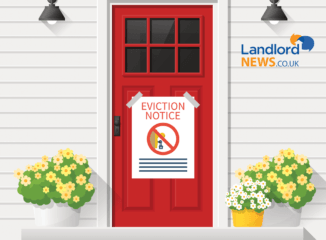Shelter calls on Government to act on repossession reform promise
Shelter has published research on repossessions in the private rented sector, calling on the Government to deliver its promise to scrap Section 21 ‘no-fault’ evictions.
Its research shows that every seven minutes a private renter is served a no-fault eviction notice.
Polly Neate, Chief Executive of Shelter, comments: “It’s appalling that every seven minutes another private renter is slapped with a no-fault eviction notice despite the government promising to scrap these grossly unfair evictions three years ago. It’s no wonder many renters feel forgotten.
“Millions of private renters are living in limbo – never truly able to settle – in case their landlord kicks them out on a whim. It’s a well-founded fear as our frontline services support renters all the time who are scrambling to find a home after being told to up sticks with just two months’ notice.
“With inflation and bills skyrocketing, renters desperately need a secure home as many will struggle to stump up the costs of having to move unexpectedly. To give private renters stability during a time of deep uncertainty, the government must introduce a Renters’ Reform Bill that bans no-fault evictions this year. Anything less would be a kick in the teeth for England’s 11 million private renters.”
Responding to the research, Ben Beadle, Chief Executive of the National Residential Landlords Association (NRLA), comments: “Shelter needs to stop its campaign of scaremongering. The vast majority of landlords do not spend their time plotting ways to get rid of their tenants for no reason.
“Official data shows that fewer than 10% of tenants who move do so because they are asked to by their landlord or letting agent. Likewise, the number of cases coming to court as a result of Section 21 notices has been falling since 2015.
“The Government has committed to abolishing Section 21 possessions, but this has got to be replaced by a system that is both fair and workable for both tenants and landlords. Simply getting rid of Section 21 on its own would, for example, make it all but impossible to take action against anti-social tenants who blight the lives of neighbours and fellow tenants.
“The NRLA has published its detailed plans for a new system that strikes the right balance. We urge Shelter to work constructively with us on these.”





